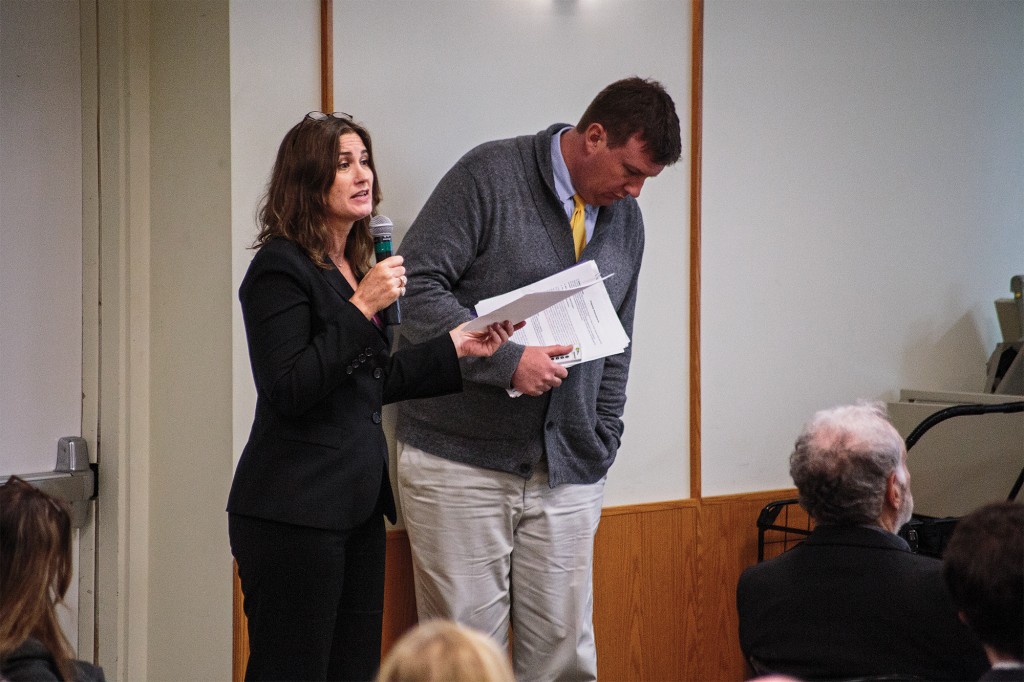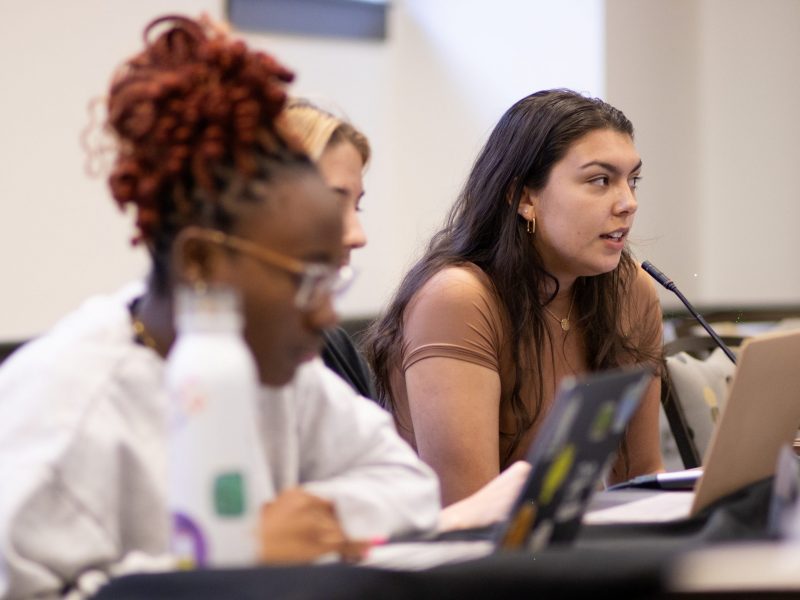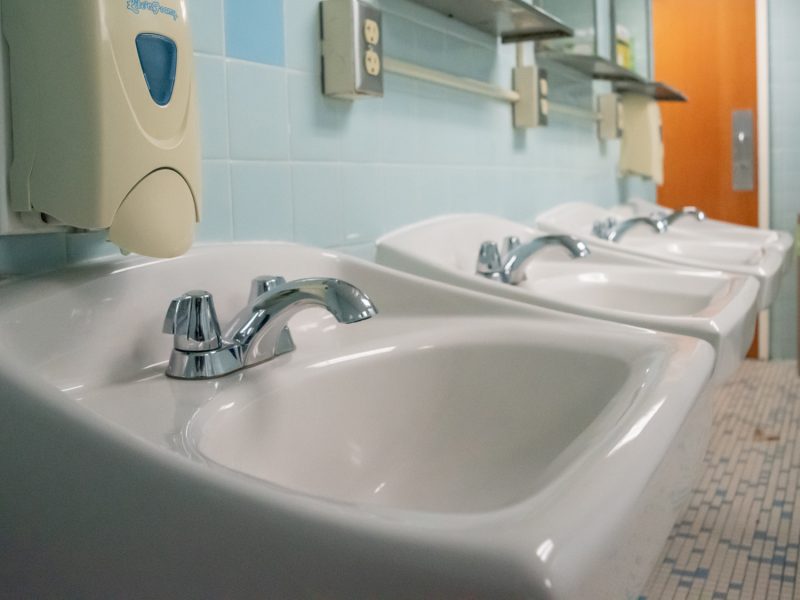For the second year in a row, the University of Maryland expelled a record number of students for sexual assault, according to Office of Civil Rights & Sexual Misconduct data.
This university handled 15 student rape investigations last academic year, leading to four expulsions, three suspensions and one disciplinary probation, Title IX Officer Catherine Carroll told the University Senate on Thursday. During the 2014-15 academic year, this university expelled three students, suspended two and placed two on disciplinary probation.
Carroll said her office needs more resources to adequately handle the increased caseload. During her address to the senate, she shared concerns about staffing, policies, procedures and coordination, as well as the institutional culture.
“We generally lack, and still do to a large extent, the significant infrastructure needed to address these issues and to respond effectively and promptly as we’re required to do under Title IX,” Carroll said. “We’re a work in progress. We’re building the ship as we’re driving the ship.”
The Office of Civil Rights & Sexual Misconduct, established in 2014, employs four investigators, not including Carroll. The office handled 243 total reports last academic year, which led to 56 investigations. With this staff, sexual misconduct investigations and resolutions usually take twice as long as the recommended 60 business days, The Diamondback reported on Sept. 20.
“The floodgates are open and we don’t have the infrastructure to navigate it,” Carroll said during the 10 minutes allotted to her at the meeting.
She said the culture surrounding sexual assault and discrimination at this university is “very fragmented” and lacks the strong, centralized structures needed for a coordinated response.
That environment is not unique to this university, Carroll said, but it does not bode well for her office, which is responsible for responding to all discrimination claims at this university. Title IX requires all schools that receive federal funding to have a procedure for handling sexual misconduct, harassment or violence reports. The law states the office must promptly respond to these reports, and as of June 2016, 195 institutions faced Title IX investigations.
“Our response is designed to interrupt the sex discrimination; then we have to prevent it from reoccurring and remedy its effects,” Carroll said. “That’s a pretty comprehensive, involved process.”
Carroll also presented the senate with findings from the campus’ first sexual assault climate survey that was completed in June. The survey was sent to 10,000 randomly selected undergraduate students, and of the almost 4,000 who responded, 15 percent reported an experience with sexual assault — 9 percent of males, 20 percent of females and 21 percent of transgender students.
More than half of the students surveyed said they were undecided or did not believe sexual assault was a problem at this university. And about half believed that sexual assault can occur unintentionally, according to the data presented to the senate.
Carroll mentioned the Student Government Association’s proposed $34 mandatory student fee, which if approved and implemented would generate $998,563 in fiscal year 2018 and go toward funding five new positions within the Title IX office.
Rachel Novick, events coordinator for the student advocacy group Preventing Sexual Assault, said it’s essential for Carroll’s office to be properly funded. PSA is working with Title IX to continue addressing these issues.
“Without the funding they can’t do anything,” Novick said, “and none of these students or survivors will be able to get justice.”
There was no discussion on the information presented because the senate shot down a proposal to extend the meeting an additional 15 minutes.
University Senate Chair Jordan Goodman said he can’t blame the senate for voting against the extension, as many of them have commitments and families to attend to. A time extension requires two-thirds majority, Goodman said, which was missed by three or four votes.
“I can’t blame people who have commitments with children and other things like that,” he said after the meeting. “I think if we asked for 10 minutes, we could have swayed a few more people.”
Goodman said Carroll was invited back to speak at the Senate’s next meeting, scheduled for Nov. 2.
“That’s what happens when you’re at the end of the agenda,” Carroll said after the meeting. “But I’ll be at the start of the agenda next time.”
Senior staff writers Ellie Silverman and Talia Richman contributed to this report.



